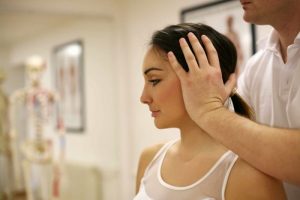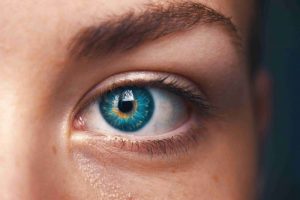A thorough assessment and the right treatment approach can help patients and athletes safely recover from a concussion.
Treatment & Rehabilitation
Rest is no longer considered the best approach to concussion care. Early intervention of various therapies can significantly improve recovery following a concussion. Through a thorough assessment and the right treatment approach, trained healthcare practitioners can help patients safely return to learn, work and play.


Exercise Therapy
Following a short period of rest and symptom-limited activity, guided exercise therapy has shown to improve blood flow and speed recovery.

Manual Therapy

Headaches, balance and visual issues, dizziness and blood flow abnormalities are symptoms of both concussion and neck injuries (or whiplash). Oftentimes ongoing symptoms are coming from your neck, which can be treated with manual therapy.
Vestibular Rehabilitation & Vision Therapy
Visual disturbances and dizziness are common following concussion. A balance and visual rehabilitation program may help to reduce symptoms such as dizziness, visual abnormalities, concentration issues and memory problems, among other symptoms.
Diet & Nutritional Intervention
Avoiding pro-inflammatory foods and replacing them with more nutritious foods may help to offset inflammation and reduce symptoms.


Download our free brain recovery diet info.
Education & Reassurance
Education and reassurance is an important part of concussion care. Understanding exactly what is going on and why you feel a certain way can help to improve recovery.

